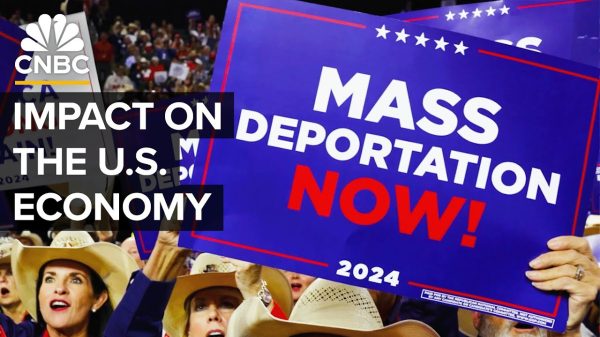Unlike other areas of crypto policy, Democrats and Republicans agree on the need for stablecoin legislation, but according to Democratic Rep. Ritchie Torres of New York, it’s his party’s excessive deference to the White House and financial regulators that has prevented a compromise.
Hopes for a broad, bipartisan compromise on legislation regulating stablecoins were dashed Thursday after negotiations between Democrats and Republicans on the House Financial Services Committee broke down in dramatic fashion.
The stablecoin bill, which would have created minimum standards for stablecoin reserves, mandated monthly disclosure reports and set rules on how customers could redeem dollars for coins had been the subject of bipartisan negotiations ever since the White House called for Congress to regulate them in the fall of 2021.
A stablecoin is a type of cryptocurrency that seeks to maintain a one-to-one relationship with the U.S. dollar
DXY,
and is currently used by crypto traders to park uninvested funds.
Crypto companies like Circle, the issuer of USD Coin
USDCUSD,
believe that they will soon become a widespread means for making payments over the internet. Other popular stablecoins include Tether
USDTUSD,
and Dai
DAIUSD,
Federal Reserve Vice Chair for Supervision Michael Barr worked to convince the ranking Democrat on the committee, Rep. Maxine Waters of California to marshall votes against the bill, because it would give state-based financial regulators too much freedom in overseeing stablecoin issuance.
“If it weren’t for Michael Barr, we would have had a much broader compromise on stablecoin legislation,” Torres told MarketWatch. “Mr. Barr was insistent on federal preemption of the states, which was a nonstarter for the New York delegation because we have faith in the New York Department of Financial Services,” which regulates stablecoin issuance in that state.
“I cannot for the life of me understand why we should give veto power to regulators over bipartisan regulation and compromise,” he added.
The Federal Reserve declined a request to comment.
Rep. Patrick McHenry of North Carolina said that the White House was also to blame for preventing a compromise.
“A bipartisan deal was within reach, we were closer than we’ve ever been,” the Republican Chairman of the House Financial Services Committee said. “It was the White House’s unwillingness to compromise that once again brought negotiations to a halt.”
The White House didn’t respond to requests for comment.
Led by Rep. Waters, opponents of the bill used procedural tactics to attempt to prevent its passage, including walking out of the hearing in an effort to block a quorum.
She criticized the bill as one that would create a regulatory “race to the bottom” by allowing different states to issue stablecoin licenses and for not including a ban on commercial entities from issuing a stablecoin.
“Under this framework, Amazon
AMZN,
Walmart
WMT,
or Facebook
META,
can create their own stablecoins, or even be affiliated with a stablecoin issuer,” she said.
Read more: Bipartisan fears of an Elon Musk stablecoin cloud crypto legislative debate
Without broad, bipartisan support for the measure, it’s unlikely to garner any support in the Senate according to Owen Tedford, policy analyst at Beacon Policy Advisors.
“The upper chamber has not progressed as far in conversations around crypto market structure or stablecoins and has spent more time focused on creating regulations to minimize potential illicit uses of digital assets,” he wrote in a Friday note to clients.
“New rules for crypto are on the mind in Congress, but the House and Senate are moving in different directions,” he added.
Rep. Torres says that the stablecoin debate dynamics are reflective of his party’s submissive stance toward financial regulators that could hobble policymaking going forward.
“There is a culture of excessive deference to regulators,” he said of his Democratic colleagues. “We should restore the centrality of Congress to lawmaking in America.”
Read the full article here













